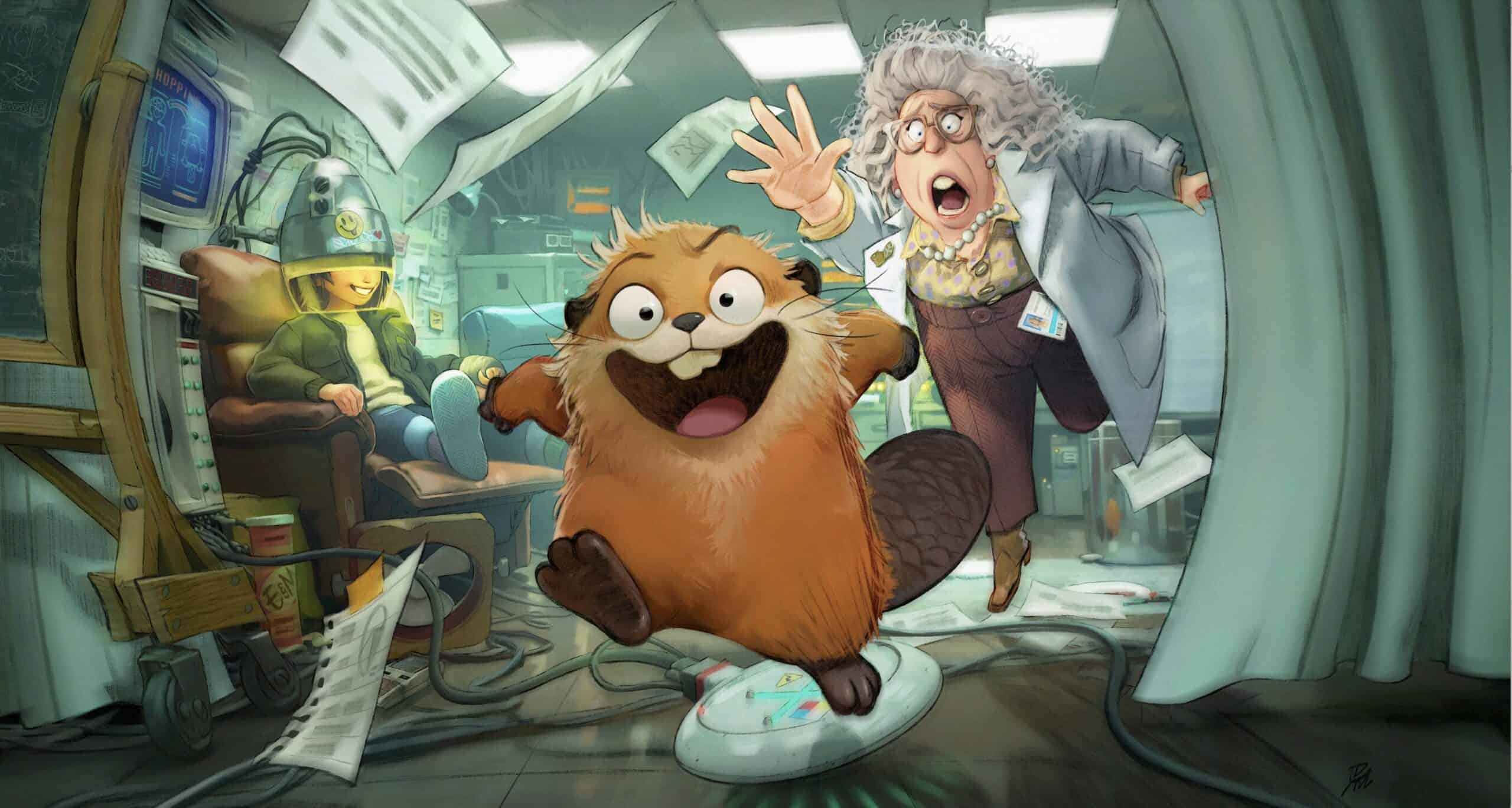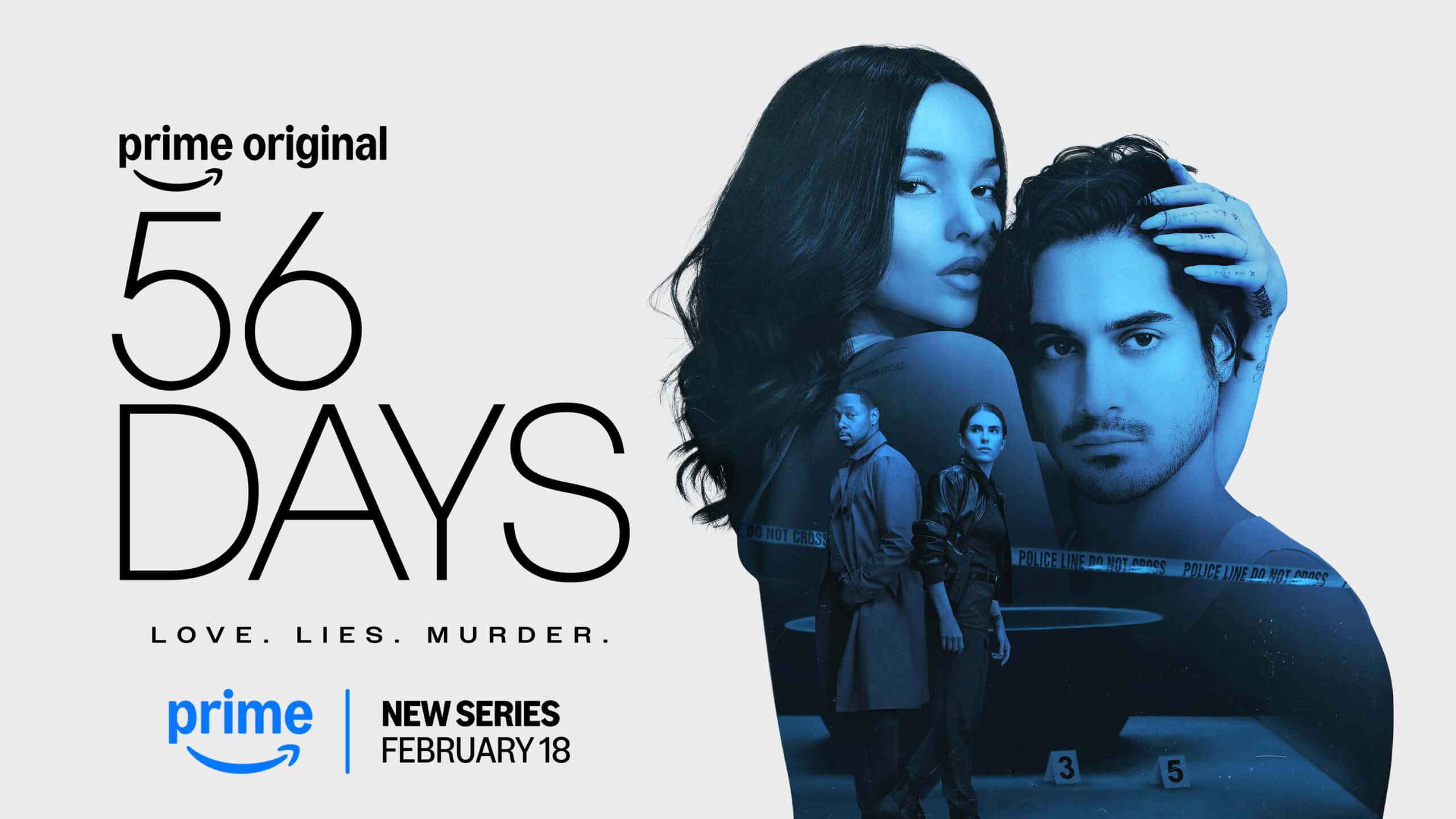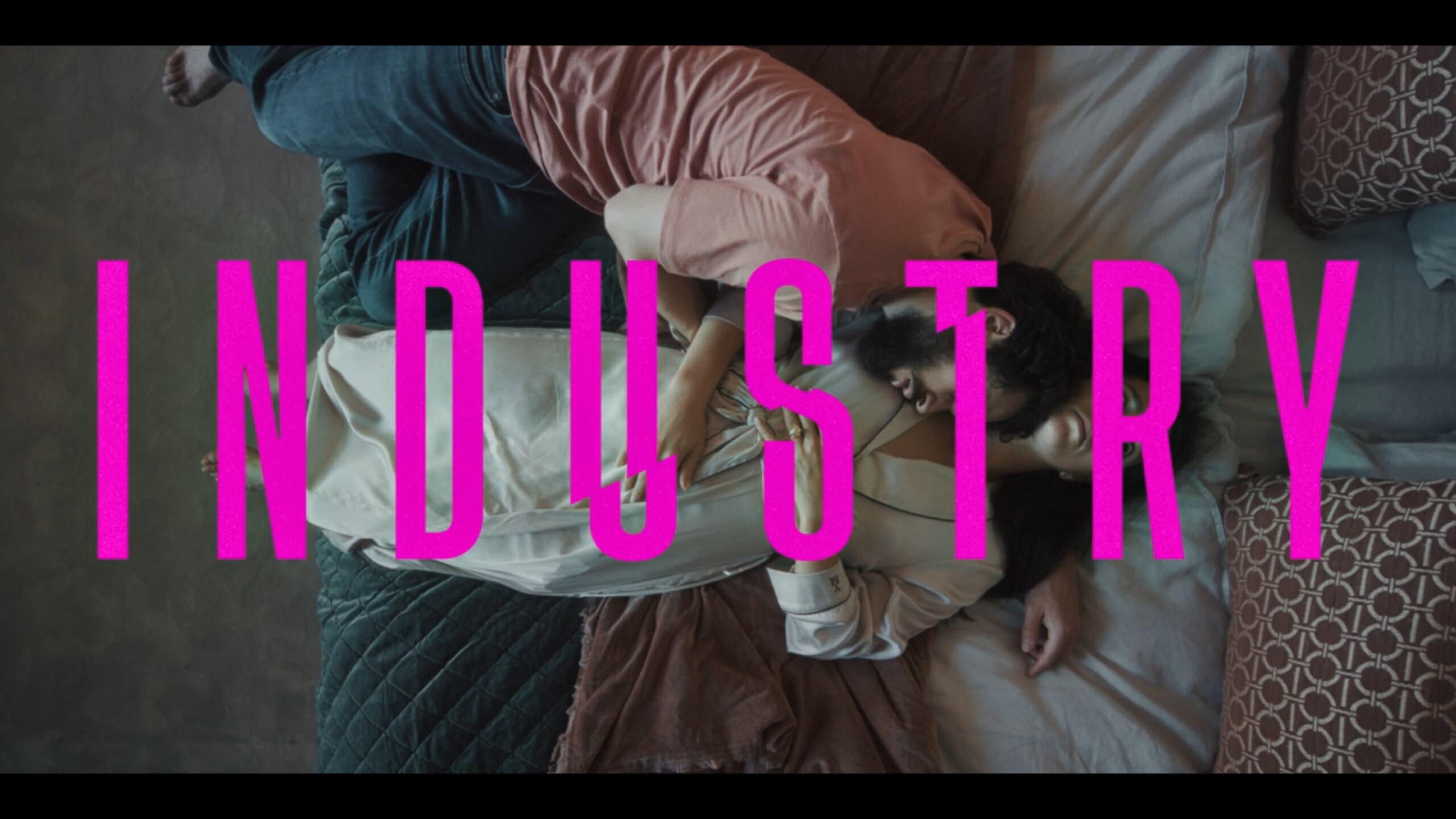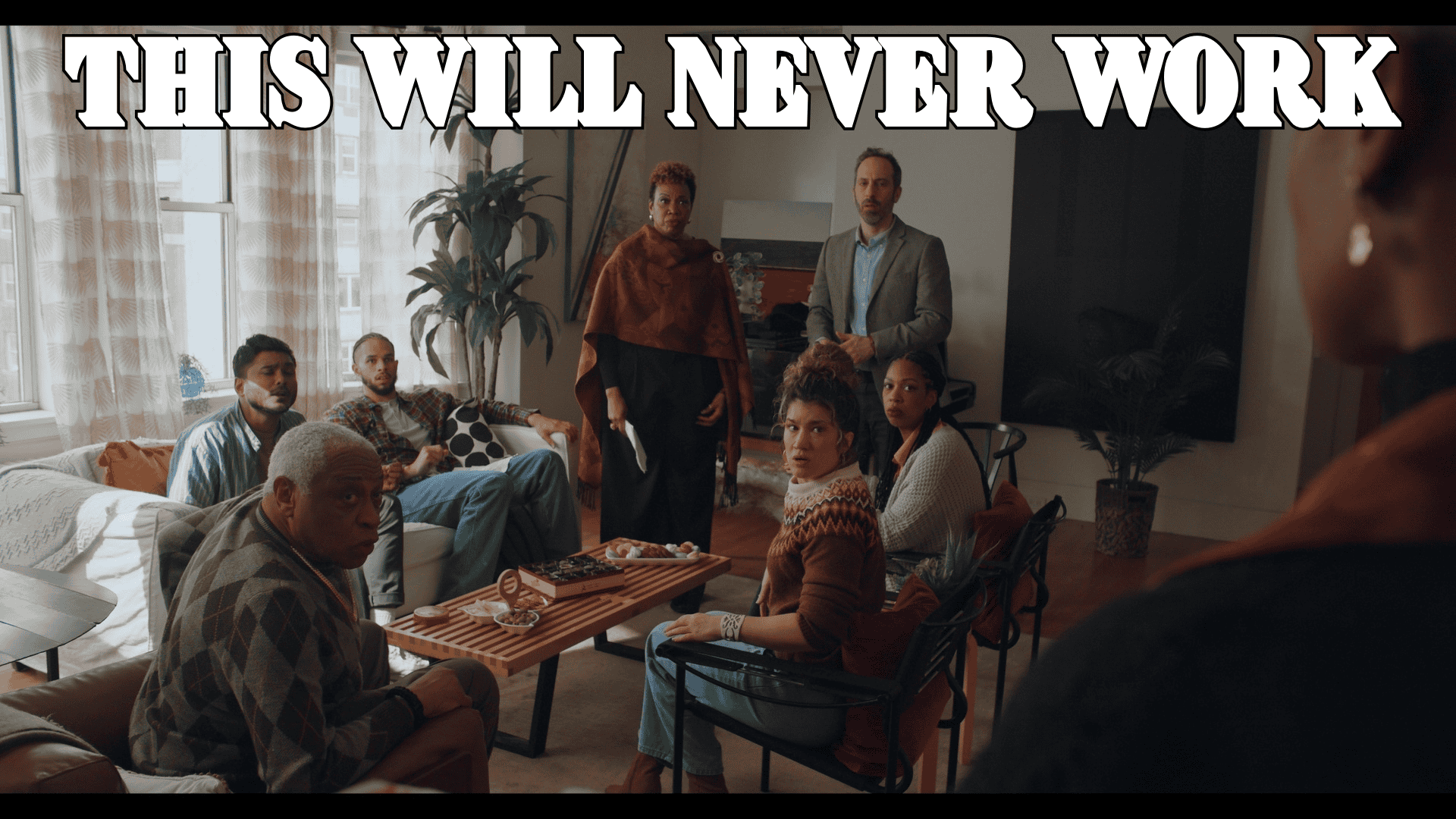Industry: Season 4 Episode 8 – Season Finale Recap and Review
They always say give a person a little money, a little power, and they’ll show you who they truly are.
Amari is the founder and head writer of Wherever-I-Look.com and has been reviewing media since 2010. He approaches each production with hope, rooting for every story to succeed, and believes criticism should come from unmet potential, while praise is reserved for work that meets or exceeds expectations.
![Title Card (Basic) - Industry Season 1 Episode 1 Induction [Series Premiere]](https://wherever-i-look.com/wp-content/uploads/2020/11/Title-Card-Basic-Industry-Season-1-Episode-1-Induction-Series-Premiere-scaled.jpg)
They always say give a person a little money, a little power, and they’ll show you who they truly are.

Pixar’s take on a Studio Ghibli-type story, for the most part, goes well – even if it may lack character details and preach undue forgiveness.

While Scream 7 seems to want to move forward, it seems torn between Sidney Prescott’s legacy and the passing of the torch that Scream 5 was supposed to be.

In 2026, Sundance hosted 54 short films and while we didn’t cover them all, but here are the ones which caught our eye.

Episode by episode coverage of Prime Video’s newest twisty romantic drama “56 Days” starring Avan Jogia and Dove Cameron.

As Tender’s foundation begins to sway and crack, many seek emergency exits. However, is it only Tender, but also Industry itself, some may need to worry about?

Georgina Campbell further cements herself as a scream queen, but makes the distinction with Psycho Killer that she isn’t the runaway type, but the one who will seek the final blow.

This Will Never Work is a top-tier family dramedy that knows how to keep the energy going without devolving into just being messy.
![Tell Me Lies: Season 3 Episode 8 – Recap and Review [Series Finale]](https://wherever-i-look.com/wp-content/uploads/2026/02/Lucy-Tell-Me-Lies-Season-3-Episode-8-scaled.jpg)
Season 3 comes to an end in a way that not only wraps up the two time periods, but acts as an ideal series finale.

How To Make A Killing breezes past some of the necessary logic to keep things light, sometimes to its own detriment.